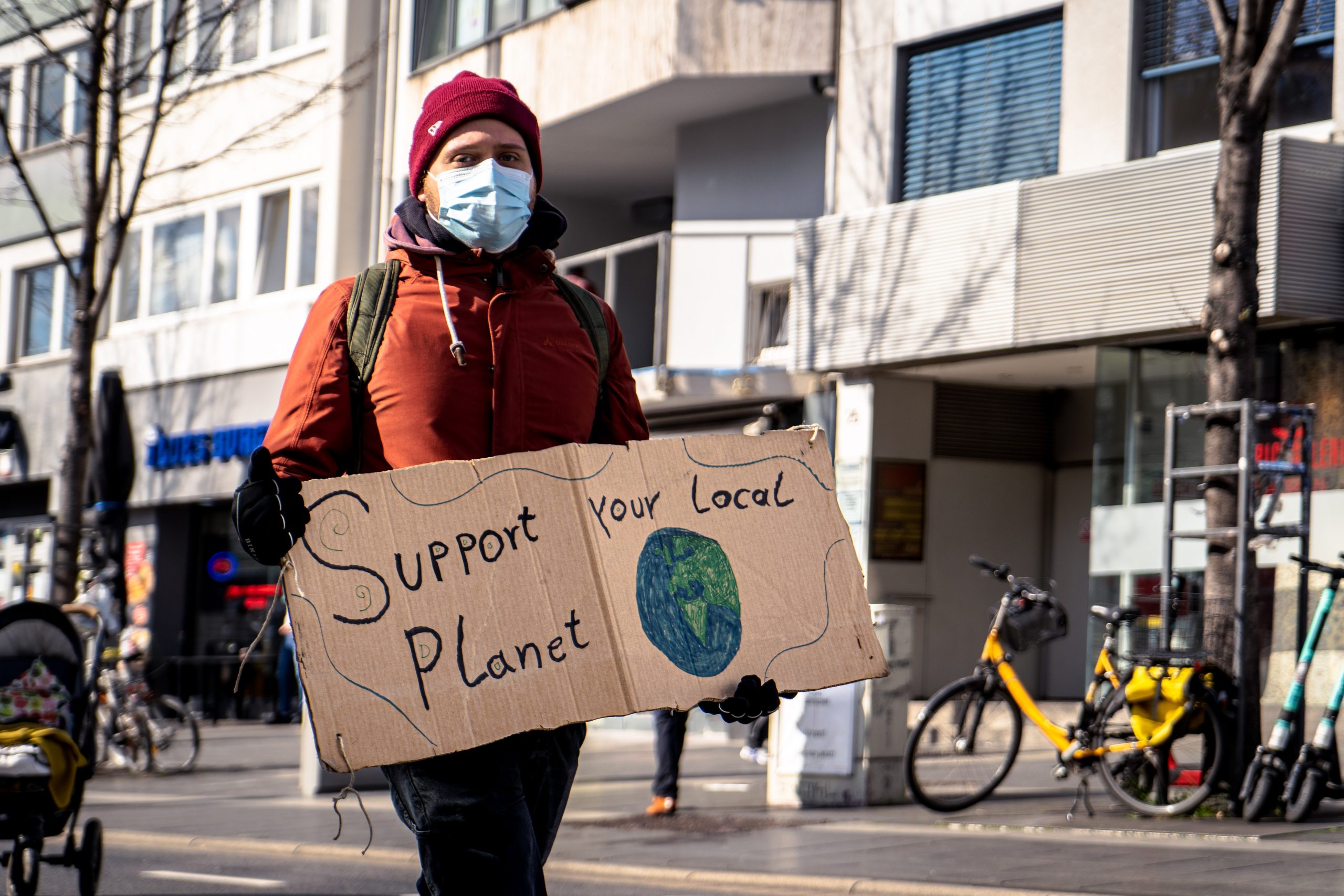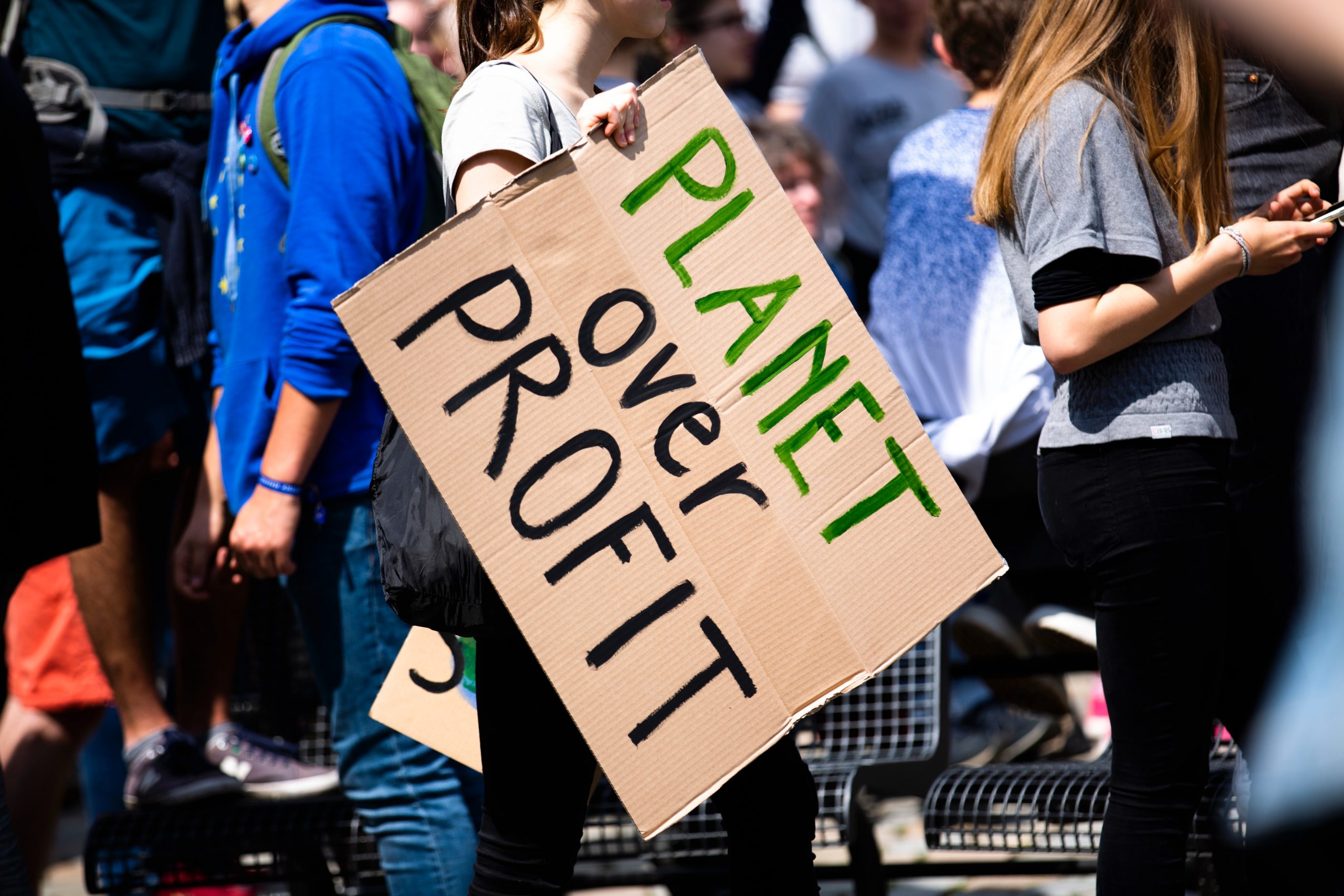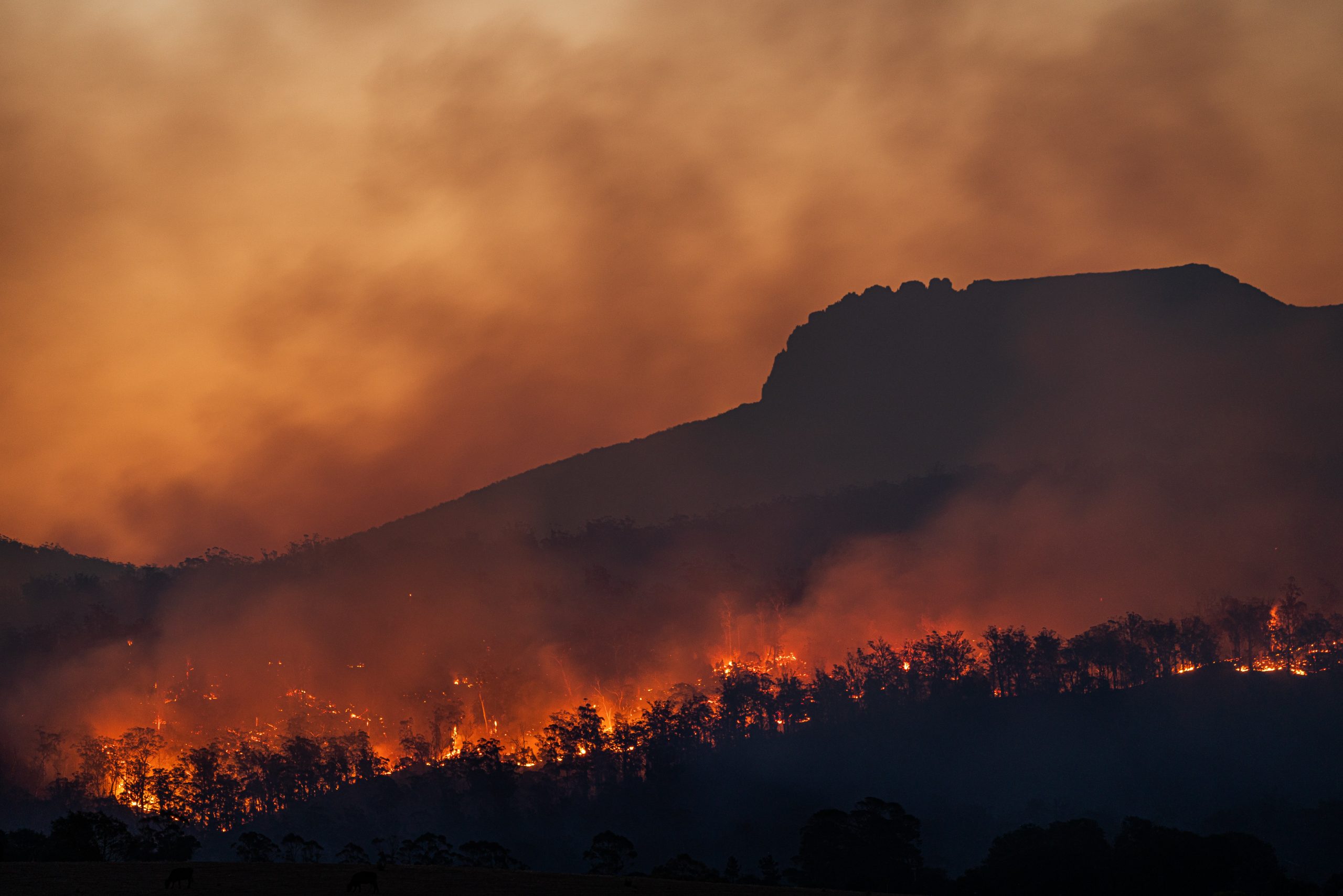Climate change is the ‘long-term alteration of temperature and typical weather patterns’. One of the main causes of climate change is due to the burning of fossil fuels such as coal. This releases greenhouse gases into the Earth’s atmosphere and can have far-ranging environmental and health effects.
The greenhouse gases trap heat within the Earth’s atmosphere and can contribute to respiratory disease, air pollution and extreme weather, posing a risk to the Earth’s long-term sustainability.
Climate change in Europe has resulted in an increase in temperature by 1⁰C in the last hundred years. If global temperatures were to rise by 2⁰C, it can cause dangerous consequences of climate change.

Cooperation and Commissions
The Paris agreement is an international treaty on climate change that came into effect in late 2016. The agreement was part of a long-term goal to halt the rising global temperature through the cooperation of numerous nations. The agreement was aimed to increase the ability of adapting to climate change for all 196 parties involved.
The agreement has been successful in forcing countries and companies to strengthen their climate actions and responses, but it still needs improving if they want the agreement to be successful in its overall goal of halting climate change.
The EU has made proposals to become carbon neutral by 2050, and they plan to reduce emissions by 55% by 2030. The EU commission set out the structure and responsibilities for reaching the 55% reduction target and said at least 30% of the EU’s £1.64tn budget would be spent on climate-related measures. European commission president Ursula Von Der Leyen said “By acting now we can do things another way and choose a better, healthier and more prosperous way for the future.”
However, people do not think they are doing enough to reduce emissions and help tackle climate change. Greta Thunberg was just 15 when she started protesting outside the Swedish parliament in 2018, holding a sign saying “School Strike for Climate.” Her campaign inspired countless young people and over 20,000 students across the world joined her in her decision to skip school in protest. In 2019, Thunberg delivered a speech to the World leaders and stated “you all come to us young people for hope. How dare you? You have stolen my dreams and my childhood with your empty words.”
The EU plans to tax jet fuel to try to reduce the emissions from air transport, for years jet fuel was exempt from taxation to try and support airline industries. They have also proposed to ban petrol and diesel powered cars to reduce the emissions vehicles emit, but the proposal could be difficult to negotiate as it has already started infighting amongst the EU Commission.
In the UK, car manufacturers are constantly producing more electric powered cars each year to replace those that emit harmful emissions. There are now 260,000 electric cars and more than 535,000 plug-in hybrids on UK roads. 2020 had a 66% growth in electric cars in the UK compared to the previous year.
The introduction of The Intergovernmental Panel on Climate Change will see a rise in reliable and unbiased climate change data. The United Nations body will compile data from all available sources and create policy relevant reports. This will help nations and the UN decide for themselves what action needs to be taken. Hopefully, this will result in better policy decisions and consolidation of those already carried out.

What we are Facing
The 1⁰C increase in Europe’s temperature has already had horrific consequences on its climate and its inhabitants. Numerous wildfires have ravaged southern Europe and have forced many of their inhabitants to flee their homes.
Greece, Italy and Turkey have all been dealing with catastrophic conditions that were brought on by a massive heatwave. Such events are only going to become more common with the increase of our atmospheric temperature. Without immediate and effective action we could see these wildfires spread to more northern regions of the continent.
An increase in Europe’s temperatures can also increase the likelihood of droughts and inadequate water supplies. If temperatures rise by 3⁰C, regions suffering from droughts in Europe could double from 13% to 26% according to the Helmholtz Centre for Environmental Research. These droughts and changes in the local climate will change the local ecosystems, making it impossible to grow certain crops. Losing certain crops in these countries can have a major impact on their economy. Farmers could lose their jobs and a large portion of their exports would be lost.

Furthermore, according to the European Environment Agency, most parts of Europe will experience up to 35% more extreme rainstorms in winter moving forward, these rainstorms would also increase the likelihood of floods.
Floods in Europe in July 2021 severely affected Germany and Belgium. The damages are estimated to have cost up to £2.16bn in insurance losses, with total damage costs being much higher. Many residents were evacuated from their homes, and saw their homes or businesses destroyed by the floods.
Compoundingly, the floods brought mountains of waste into the streets of Germany and Belgium, they now pose a risk to human health due to contamination. Germany now has to incinerate large amounts of the waste, further adding to emissions in the atmosphere and creating a cycle that will only increase the severity of climate change. The large insurance payouts and the losses of homes and businesses will have a severe impact on the German economy, leaving many without jobs or places to live.
These instances of extreme weather and climate are only going to increase in regularity. It is only with intense and immediate climate actions that we will be able to prevent the continuation of global warming and climate change.
